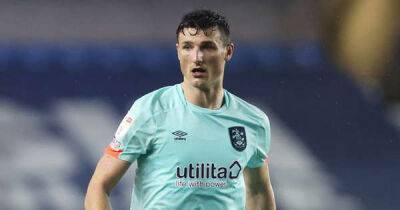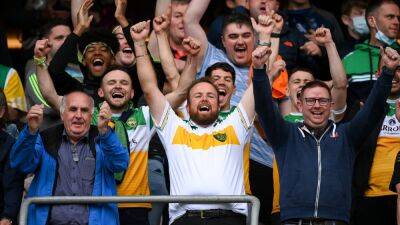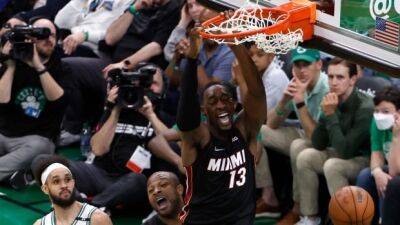Football is an unfair playing field for smaller clubs but there is hope
The “free market” is a dangerous lie. All systems are bounded by the choices we make on both a societal and individual basis. Seeing Fulham and Bournemouth promoted to the Premier League confirmed this idea and embeds the narrative that money is the competitive advantage in football. That they are beneficiaries of “parachute payments”, in a league where most clubs rely on the support of wealthy benefactors to underwrite their losses, further confirms that change is necessary if the game has any chance to retain any semblance of moral authority.
There is, of course, no suggestion that Fulham or Bournemouth are corrupt or immoral. It’s the dangerous narrative of the “free market” that needs changing and the people to change it are not those currently in power as it is a narrative that serves the “elites” in both society and sport.
The current mythology presupposes that we live in a meritocracy and those at the top in terms of sporting success, wealth or business are there because of hard work and ability alone. Whilst these are undoubtedly necessary conditions of success they are not sufficient. More important is how we benefit from embedded advantages of the systems we operate in. In football terms, that would be those who happen to have been around the Premier League at the time of its inception and for the last 20 years. On an individual basis, that is those who benefit from the accidents of birth across gender, ethnicity or wealth.
In his book A Theory of Justice, the philosopher John Rawls asks, what principles would we choose to govern our society if we had to choose from behind a “veil of ignorance”. Rawls’ thought experiment asks us to think about how we would treat all people in our society if we had cognition






